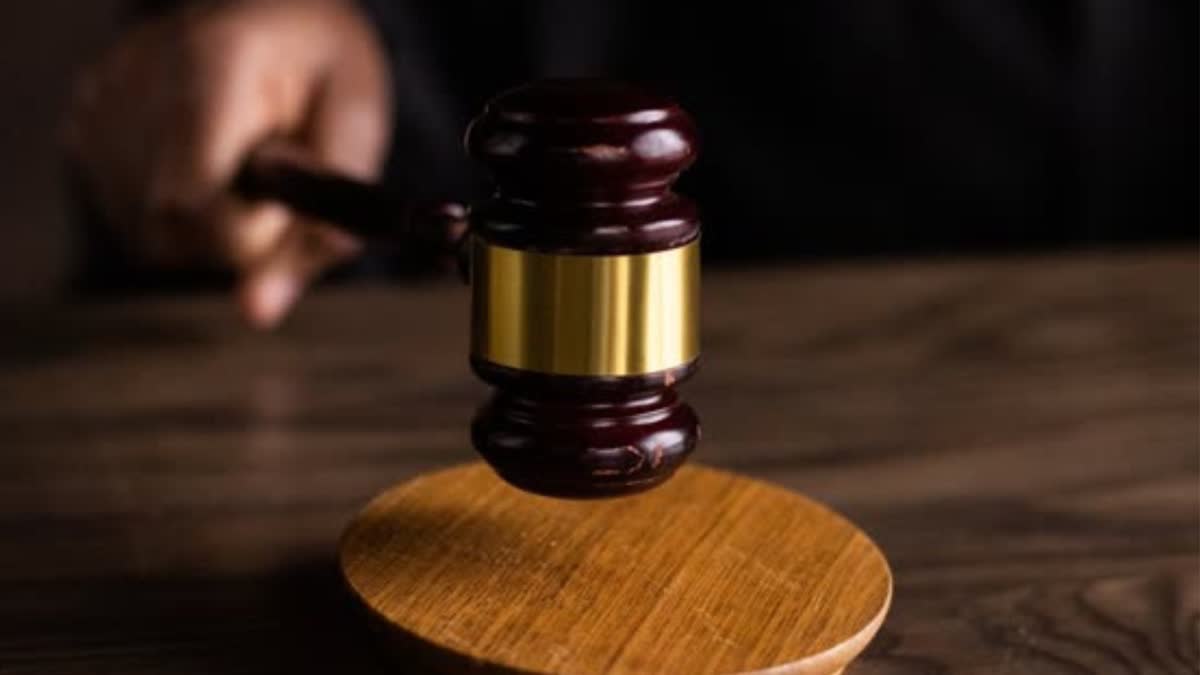New Delhi :The Bihar government has moved the Supreme Court against the verdict of the Patna High Court setting aside the amended reservation laws in the state, which enabled the state government to increase the quotas for Dalits, tribals, and backward classes from 50 per cent to 65 per cent.
The state government, in its special leave petition, contended that the apex court in Maratha reservation judgment rejected the demand of the states including Bihar to refer the matter to a larger bench in view of the 50% ceiling prescribed in Indra Sawhney judgment. The rejection was on the ground inter-alia that the Indra Sawhney judgment itself prescribes for the breach of 50% ceiling if the states are able to satisfy the social test as to backwardness of the class.
“The State of Bihar is the only State which carried out this exercise and published its Caste Survey Report on Socio-economic and educational conditions of entire population. The State has complied with the binding decisions of this Hon’ble Court and then amended the Reservation Acts”, said the state’s petition.
The state government said the high court gravely erred in holding that the backward classes are adequately represented solely because backward communities together constitute 68.52% of the total government and observed that there “is no requirement for the enhancement of reservations.”
The high court, in its June 20 verdict, declared that the amendments, passed unanimously by the state's bicameral legislature in November last year, were "ultra vires" of the Constitution, "bad in law" and "violative of the equality clause".
The state contended that it adhered to previous decisions by the apex court and subsequently amended its reservation laws based on this data. The state said that the caste survey reveals that the backward classes in Bihar are trailing in most socio-economic markers such as landlessness, education, homelessness, and income insecurity. Therefore, there was a dire need to provide additional support and representation to these communities, it added.
“The Amendment Acts endeavour to provide adequate representation to backward classes by enhancing the reservations for the Scheduled Castes (SC), Scheduled Tribes (ST), Extremely Backward Class (EBC) and Backward Class (BC) to 65% from the existing 50%”, said the state’s petition.
“The Amendment Acts were passed pursuant to the Bihar Caste Survey 2022-23, which clearly satisfy the social test parameters affirmed by this Hon’ble Court to breach the 50% ceiling of reservation”, said the petition filed through advocate Manish Kumar.
The state government said the high court failed to appreciate that the apex court in Indra Sawhney held that “adequacy of representation is not to be determined merely on the basis of the over all numerical strength of the backward classes in the services.” “The inadequacy of representation must be determined based on a threadbare and comprehensive analysis of all the relevant facts and circumstances as done by the Petitioner-State of Bihar through the Caste Census”, said the state's plea.
The state government said that it cannot be said that the Amendment Act introduces proportional representation as even the enhanced reservation aims to provide 65% reservation to the communities contributing 85% of the population.
“the High Court failed to appreciate that the norm under Article 16(4) is of adequate representation and not proportional representation. The adequacy can be equal to proportionate and even beyond. The Indra Sawhney judgment only holds that adequate representation cannot be read as proportionate representation, but it does not hold that adequate representation should not be applied as proportional representation”, said the petition.
It further added that the conflict lies in the meaning, not in its application and in the case of SCs and STs, adequate representation has been historically and presently been applied as proportional representation.
The state government said that the high court’s finding that the backward classes are adequately represented based on data from the caste survey amounts to usurpation of the State’s discretion as affirmed by the apex court in Indra Sawhney case.
The state’s petition said because hitherto 50% of seats were reserved for the backward communities and it is but natural that they will have at least 50% representation in government service.
It added that despite decades of affirmative actions and schemes, only less than 18% of government employees come from the communities that constitute around 85% of the population. “This shows that the backward communities have still not been able to fairly compete with the general category applicants and the existing framework was inadequate. Therefore, the Hon’ble High Court's conclusion is flawed for being reductive and divorced from reality”, said the petition.
